- Sexual Health
- Sex Toys & Reviews
- BDSM & Kink
- Romance & Relationships
- Editorials
- Guides & How-To
- Penis And Prostate Health
- Vulva / Menstrual Health
- LGBTQIA+ Topics
- Sex/Adult Industry
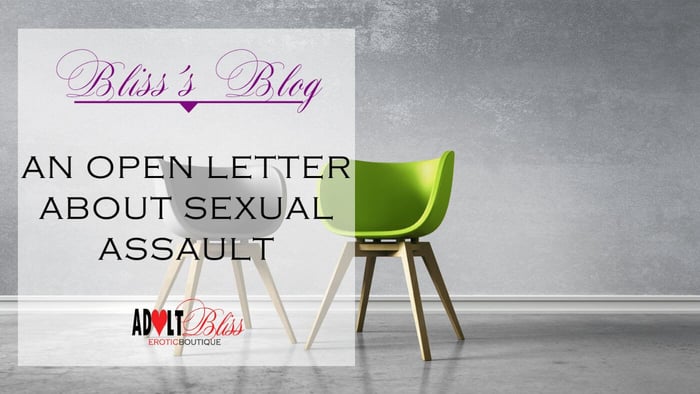
An Open Letter About Sexual Assault
 Isabel
Editorials
Isabel
Editorials
16/05/2021
5 minute read
Content Warning! This article discusses sexual assault bluntly and honestly.
Dear Australia,
I’d like to talk about how we talk about and to survivors of sexual assault. Since the #MeToo movement started in 2017 the world has become more aware of sexual assault and the societal norms that have allowed abuse and assault to become a prevalent issue globally. This conversation started with women standing up and acknowledging their own experience with abuse and sexual assault, and has continued empowering women globally to tell their stories in the hope of changing the world’s narrative for all of us and for future generations.
The whole conversation is uncomfortable, but necessary, without education and acknowledgement we, as a society, as a world, cannot move forward.
One big problem I have with this conversation is that people assume many things about a person’s experience during and post-rape.
I would like to acknowledge Brittany Higgins and Chanel Contos who bravely stood up and brought this conversation into the spotlight, empowering more women to stand up for their basic human rights. No one person can represent this experience because it is different for everyone, just listening to the survivor’s stories can foster great change.
When I was 5 years old, a family member molested me for weeks in my family home. My family eventually found out what was happening, I felt like I was ignored whilst my attacker was protected.
The person who attacked me had undiagnosed issues and a traumatic brain injury, the people around us thought that my attacker needed to be protected and managed more than I needed it.
That person never touched me again after their behaviour was discovered, but they were able to inflict psychological damage for years after, in the form of threatening me to keep quiet and gaslighting me about what happened. It wasn’t until my late 20’s when I confronted my family about what happened and set stronger boundaries between myself and them, and myself and my abuser. This was one legacy my experience left me with, difficulty establishing appropriate boundaries.
Puberty hit me early, and this impacted my sense of self during a time where I didn’t really know anything about myself or the world. Growing up with my sexual history and a body that developed too early led me to lose my virginity at 13 years old, how I chose to do this was not safe physically or emotionally and this is a pattern I would repeat over years.
For a long time I thought that my sexuality was an important part of who I am, that my value was inexorably linked to what my body could provide others.
Who I was as a person, the skills I developed, the knowledge I learned, none of it was as valuable to my world as what my body could offer. Had I seen a counsellor or been adequately supported after my attack my internal dialogue may have been different. People have doubted my experience, claiming that I couldn’t have been raped because I was too sexual: why wasn’t I cowering from all men?
It was an unfair stereotype, perpetuated by the media and people who didn’t know any different, but it hurt me and those stereotypes disempower people when they try to express their experience.
I’m lucky enough to have moved past so many of these things, I can watch movies with rape scenes, and yes they are difficult to watch, but they no longer bring back visual memories for me. I’m lucky enough that friends and partners were there to talk with me and help me realise my own worth, limitations and boundaries. I am lucky enough to have a partner who stood by me on the nights I woke screaming from nightmares, kicking and punching them in blind irrational fear and who listened to me as I explored my personal needs and changing boundaries.
I am lucky enough that I have had the opportunity to confront my attacker and their protectors, and whilst it wasn’t the resolution I had dreamed, it was cathartic to finally take a stand. I’m lucky enough that I feel strong and supported enough to have this conversation and not feel ashamed of my experience. Not everyone is lucky enough to find this advocacy or resolution. When people experience any kind of dehumanisation it is important for them to get support, to know that the experience does not define them, without love and care, the future feels bleak.
The brave women, and men, behind the #MeToo movement, and behind the world’s current conversation around sexual assault have started a movement towards change. Change is never easy, just like this conversation, but we need to talk to each other, to listen to each other, if we want to learn from the past and change our future.
It is impossible to assume or predict how any person will react to the experience of rape or assault, no two experiences or reactions are the same. By listening to each other it will help the broader community understand what happens and how it feels, it humanises the victims and it opens the conversation about how to move forward.
I can recount my experience and how I responded, however other people react differently, the fallout of assault cannot be represented by one person’s story, there are too many stories out there. No difficult conversation is easy, but we need to experience the difficulty together to move forward together.
Something else to pique your interest?
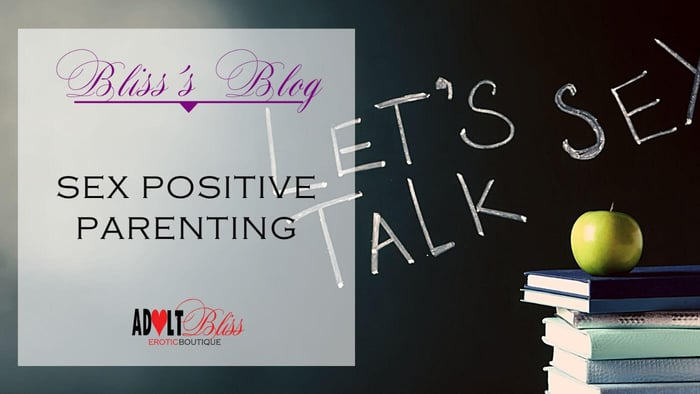
How to Have Sex-Positive Conversations with Your Teens
8 minute read
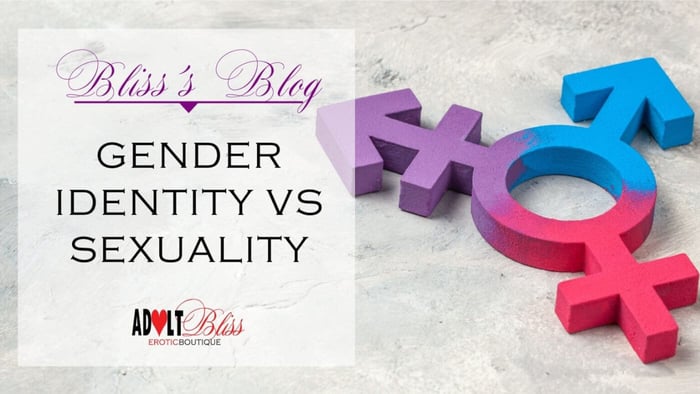
Gender Identity vs. Sexuality…
4 minute read
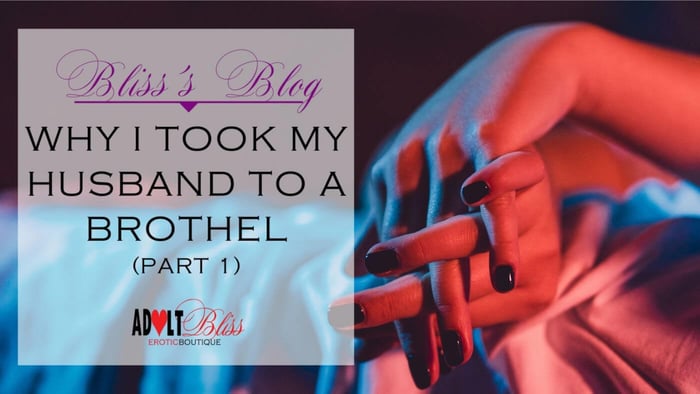
Why I Took My Husband to a Brothel Part 1
5 minute read
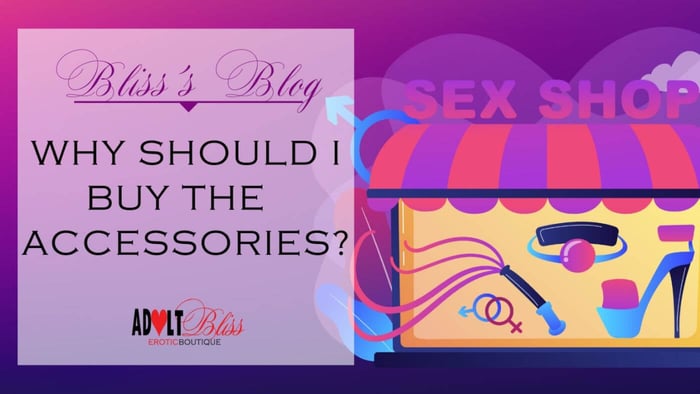
Why Should I Buy the Accessories?
3 minute read




